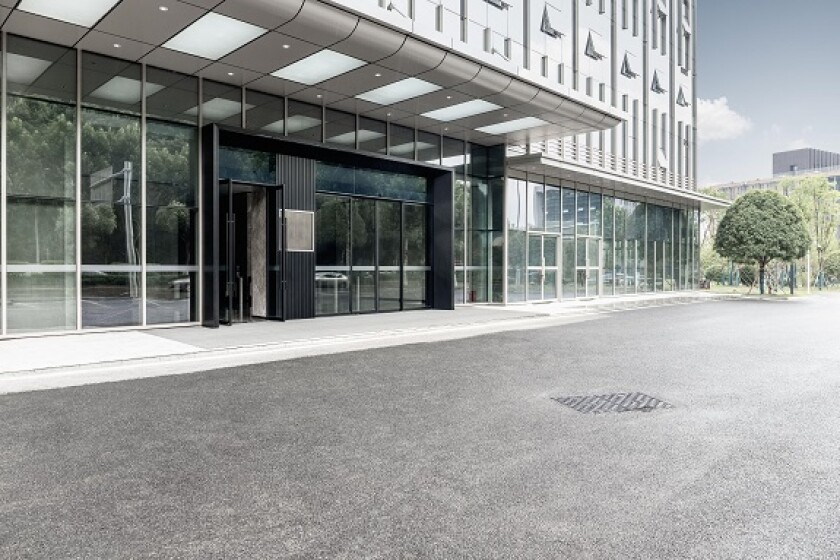Blackstone, which prides itself as the world’s largest alternative asset manager, has defaulted on a €531m commercial mortgage-backed security backed by some Finnish office properties it bought when it acquired Sponda.
This is a shocking event — first for the European CMBS market, as GlobalCapital reports in detail this week. Leave aside the ethics of a firm with $975bn of assets under management leaving investors on the hook for a portfolio of assets it appears not to have cherished.
Over the whole history of securitization in Europe, defaults have been very rare, and this will blemish the record in a way highly embarrassing to a market desperately trying to crawl out of the regulatory doghouse.
Excuses are flying — Covid lockdowns stopped people viewing the properties, Russia’s invasion of Ukraine put investors off Finland, these were second tier assets, and so on.
The pain is wider, however. Defaults have been cropping up in the US, too — perhaps why Blackstone did not rush to catch a falling knife in Finland. Pimco and Brookfield let two office CMBS worth a combined $2.5bn go down last week. Analysts pointed the finger at high interest rates.
But this is not just about Finland, or CMBS, or interest rates. It is about people not wanting to work in an office.
Property experts have heralded some good news recently. In both the US and UK, the rate of office occupancy by staff has hit its highest levels since the pandemic.
The US data are an average from 10 large cities by Kastle, a door security systems company, while in the UK Remit Consulting tracks the figures.
But don’t cheer — the rates were 50.1% in the US and 35.3% in the UK.
It's Texans and investment bankers who appear keener to go back. Austin, Houston and Dallas ranged between 54% and 66% — the only US cities above 50%. In London, Remit reckons Docklands had 54% occupancy in mid-February, a week without public sector strikes, the West End only 44%. Hedgies are happy at home, it seems.
Long after most people have stopped wearing masks or using hand sanitiser, it is not principally fear of Covid keeping people at home, but personal preference. And that is a very hard social force to overcome.
There are reasons why office values have not fallen catastrophically yet, though they have come down. Tenants tend to take long leases, which are expensive to break. Company bosses are not sure yet if office working might rebound. This delay built into the system has protected property owners, and hence lenders, so far.
But when leases come up for renewal — or corporate boards get round to taking a view on their property needs — many of them are going to cut their office requirements by a third or a half. Everyone has heard stories of smaller businesses scrapping their offices altogether.
When that happens, it will simply be impossible to sustain values and rents, except perhaps for a few trophy assets at the top of the pile.
Property services firm CBRE, in its US Real Estate Market Outlook 2023, still thinks the top US towers can raise rents. But its vacancy rate of empty properties in the third quarter of last year was 17%, its highest in the past decade. It reckons demand for space will come down by just 15% per employee.
But although 58% of employers, CBRE found last August, want staff to spend more time in the office, 55% of employees think the current rate is just fine.
This is not a localised or temporary blip, but a secular change in society. That means the risk exposure will go far beyond securitization, into the property companies that issue shares and bonds, and into the banking sector.

